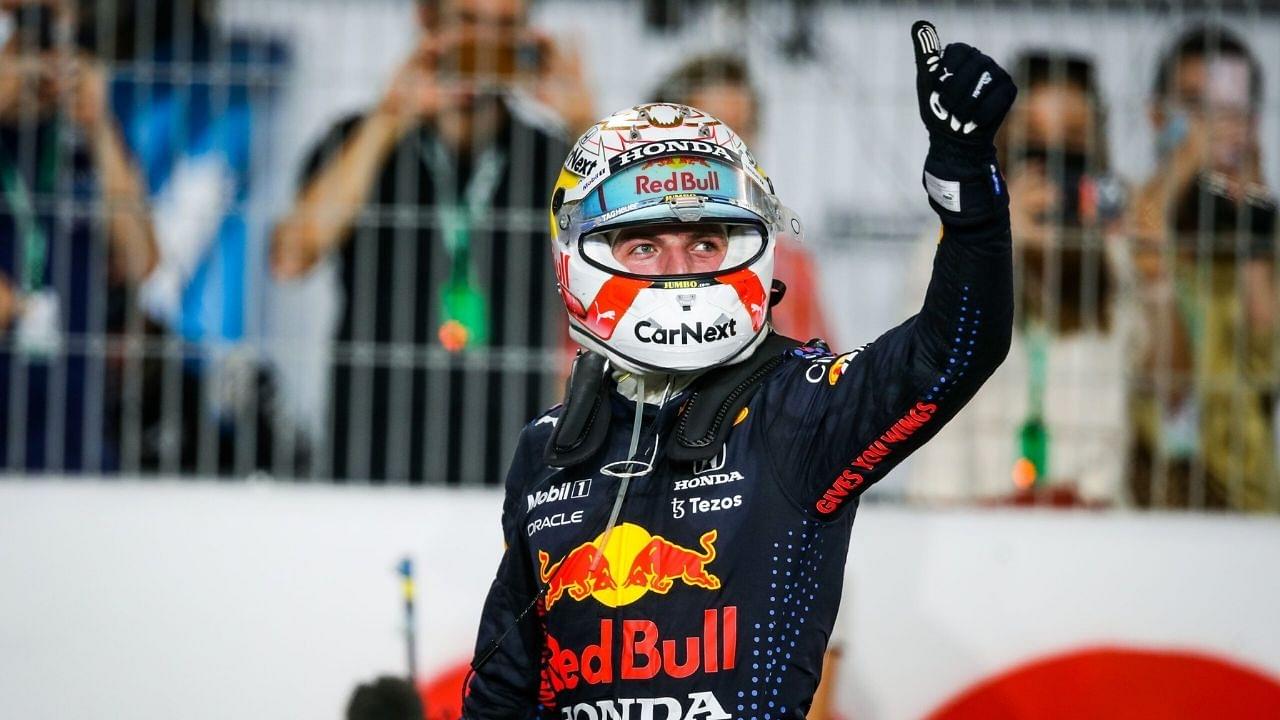Max Verstappen, among the biggest names in F1 right now, is being urged by Amnesty to speak against the atrocities of Saudi Arabia.
For a long time, the Saudi Arabian Grand Prix has been gaining criticism for F1 dealing with a state like Saudi Arabia, which is alleged to do several human rights violations.
Amnesty, which has also involved itself in scrutinizing F1, has now asked Max Verstappen to raise his voice against Saud Arabia. Though, they’ve also asked that it might be a complicated task for the Dutchman.
“We understand that Max has a very busy schedule. Another Formula 1 race in Saudi Arabia is scheduled for March next year. So the invitation still stands. He is welcome to call us or come by. We understand that this can be very complicated for him.”
“The human rights situation is a major problem in Saudi Arabia,” Floor Beuming from Amnesty. “It is also a sensitive one. He may not know much about that. But if you’re well informed, it’s not that complicated.”
“Our appeal applies to all drivers: speak up. By speaking out as a top athlete, you can have an impact. The Saudi authorities are sensitive to that.”
F1 drivers pawns for sportswashing
Further, the human rights group insisted that F1 drivers shouldn’t resist talking about such autocratic states, as events like these are an attempt to glorify such countries. Many middle-east regimes have invested in several sports to achieve that.
“Countries like Saudi Arabia are very sensitive when it comes to their international reputation,” said Dagmar Oudshoorn, director of Amnesty International Netherlands. “That’s why they want to receive such an international spectacle as Formula 1. This is about prestige and image.”
“Of course it was not the choice of Verstappen and the other drivers to race in Saudi Arabia,” said Beuming. “But if they follow the news a bit, then they know something about the human rights situation there.”
“There will undoubtedly be questions about this at press conferences. If you are then aware of the situation and well informed, you can have an impact with your words. As far as we are concerned, that responsibility lies not only with Max, but with all drivers.”
“As the Dutch branch of Amnesty, we have sent him a letter specifically. Hopefully he will do something with it. Drivers with such esteem as Verstappen and Lewis Hamilton can counterbalance the image that Saudi Arabia is trying to create,” says Beuming.





